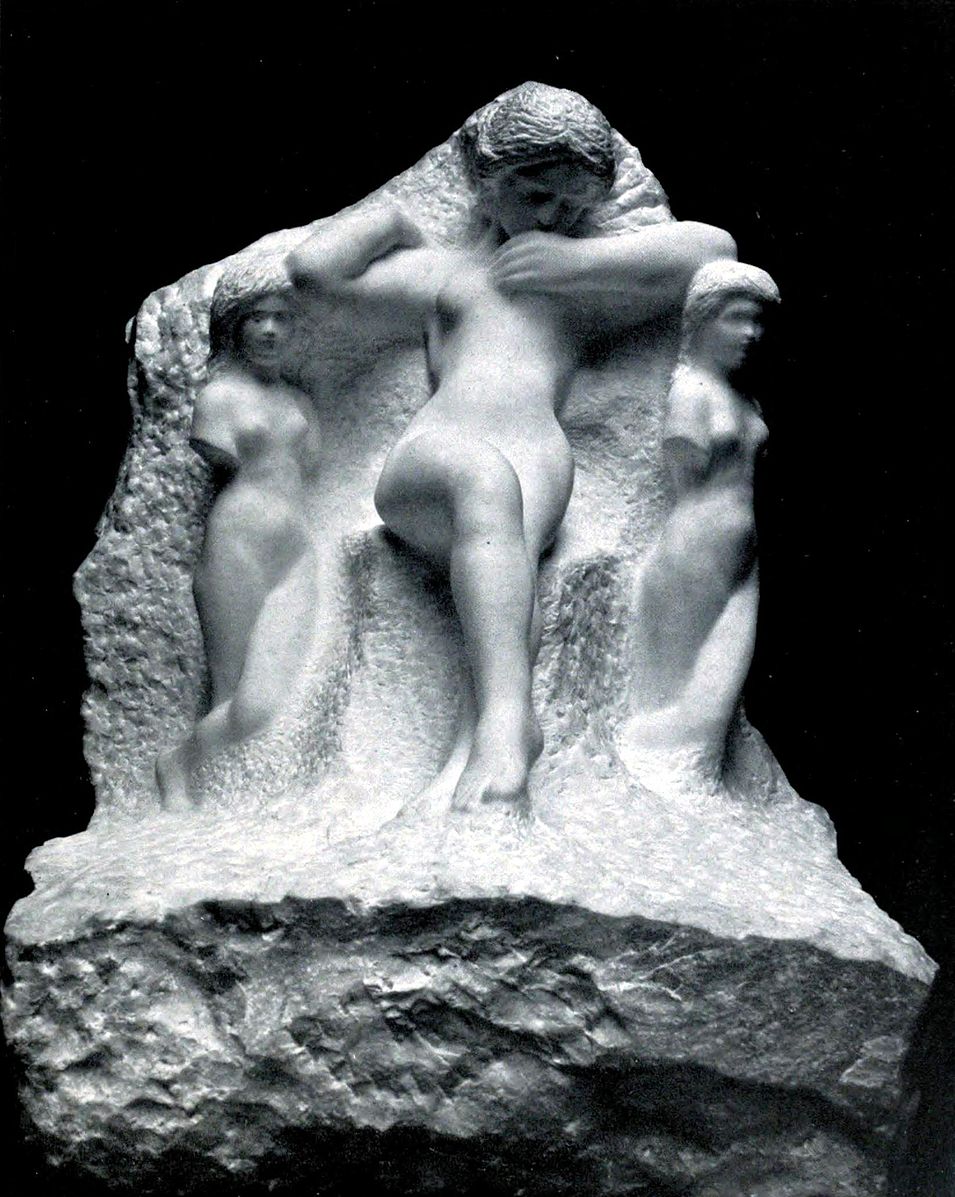
Sappho Book 1: the beginning, the middle, and the end
University of Bristol Patrick Finglass
October 28, 2022 · 12:00 pm—1:20 pm · 161 East Pyne and Zoom
Department of Classics

Book 1 of the ancient edition of Sappho consisted of all her poems in the sapphic metre; our evidence for this book is far more extensive than for any of the other eight books of that edition. This evidence is not limited to the quantity of surviving text; rather, we possess a good deal of vital information about how poems were ordered within the book. This paper re-examines Book 1 from the perspective of the ancient edition. Beginning with the ‘Ode to Aphrodite’ (the only poem by Sappho which survives complete), the paper shows that the evidence for its having opened Book 1 is far stronger, and derives from far more sources, than has been realised, making its position at the head of the collection no mere ‘strong suggestion’ (in the words of recent contributions) but a certainty. The paper then considers why this poem was placed here, as well as what we know (thanks to a papyrus commentary published in 2005 but neglected since) about the poem which came immediately afterwards. The paper proceeds to consider the ten-poem sequence which we know (thanks to papyri published in 1914 and 2014) to have stood roughly in the middle of the book. These poems are arranged by alphabetical order of first letter; but can we detect any further principle by which poems opening with the same letter were arranged? And could the ordering of these poems, whatever the principles involved, have impacted how they were read in antiquity? Finally, the paper considers the final poem of Book 1, noting the strange decision of modern editors to avoid putting it at the end of their editions of that book, despite the explicit papyrus evidence. Such a position naturally invites us to ask why, and with what impact, the ancient editor placed it there. Overall, by scrutinising the structure of the book in this way, we can (it is hoped) become more attuned to the practice of editors, and the experience of readers, in the case of the most-read book of the most-read female writer in classical antiquity.
To attend in person please RSVP to eileenrobinson@princeton.edu.















